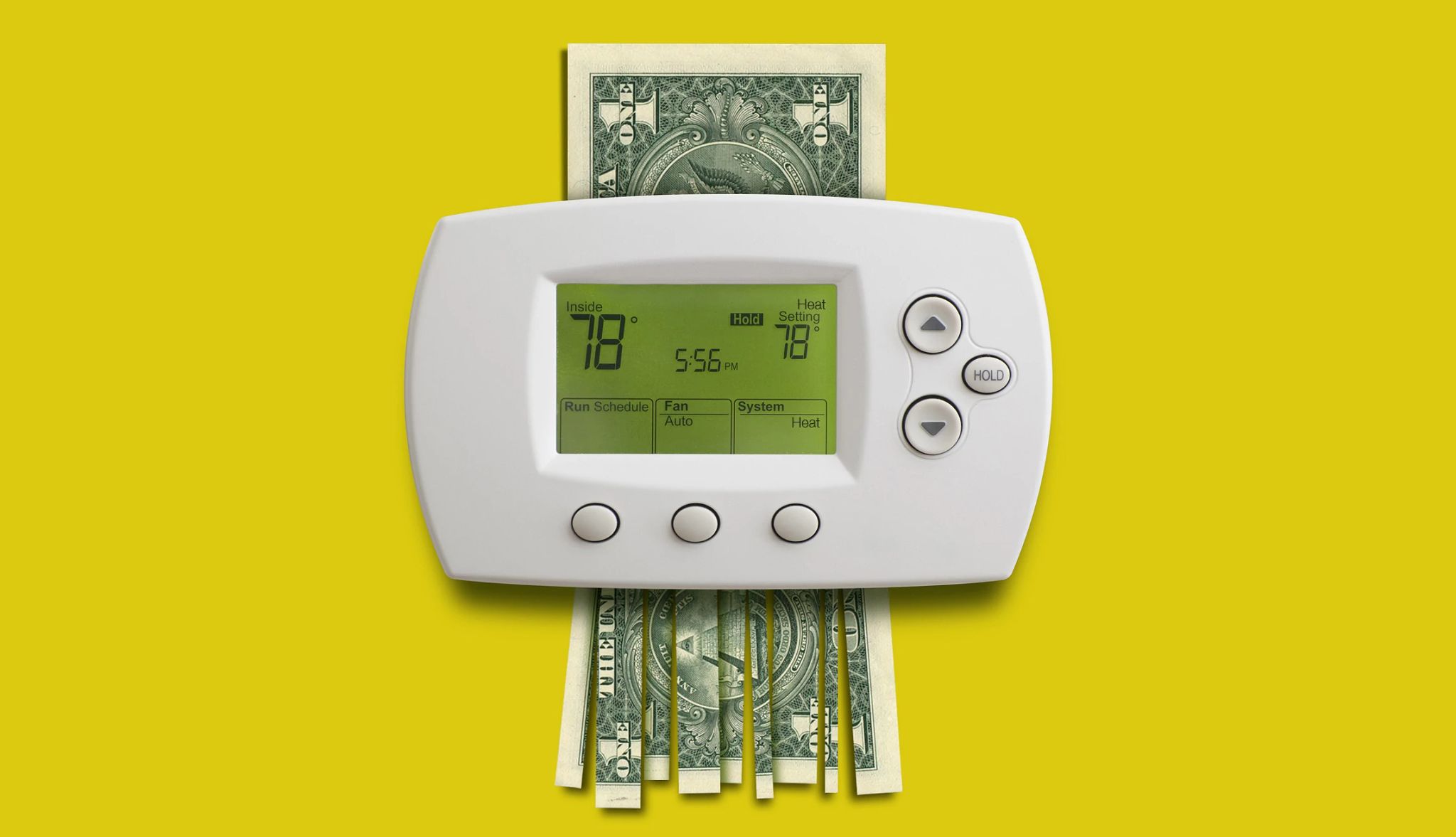How to get help with your energy bills
If high winter heating costs are straining your budget, your local utility company might be able to help you cut your bills. Federal programs may provide assistance, too.
Utility company program
Your utility provider should be your first call if you’re struggling to pay your heating bills. Most utilities offer a one-time payment deadline extension or will work out a payment plan to split your bill into smaller increments over a set period.
Of course, paying those installments on top of your current charges can be tricky when you’re already financially stressed. Ask if the company can connect you with community action programs, which can help you access federal, state or other aid to get back on track, says Berreman.
Some energy companies have funds set aside to help customers who’ve fallen behind on their bills. For instance, Duke Energy’s Share the Light Fund works with community agencies to distribute aid to struggling customers.
Low-income households receiving benefits from certain government assistance programs, like Supplemental Nutrition Assistance Program (SNAP) or Supplemental Security Income (SSI), may receive low-rate discounts from their heat provider. Some utility companies offer budget-billing programs that let you pay a set amount each month based on your usage history, making your energy bills predictable even when consumption fluctuates. If your usage spikes, though, your monthly payments could rise or you could get hit with a big bill at the end of the year.
Low Income Home Energy Assistance Program
LIHEAP, as it’s known, is a federal program administered by state governments that helps low-income families afford their energy bills. While eligibility requirements and program details vary by state, benefits can be used to cover heating costs, prevent energy shutoffs, reconnect services, improve a home’s energy efficiency and repair or replace heating equipment.
To see if you qualify, use the LIHEAP Eligibility Tool or call the National Energy Assistance Referral hotline at 866-674-6327. The program operates on a first-come, first-served basis, but older people and medically homebound individuals typically get priority.
Weatherization Assistance Program
This program, called WAP, helps limited-income households lower their energy bills by improving their home’s energy efficiency. It provides funding to all 50 states and the District of Columbia to deliver weatherization services at no cost to participants.
To qualify, you must meet strict income limits, and your state may have additional eligibility requirements. Households with someone age 60 or older, children or a member with a disability are given priority. You can apply through your local WAP agency.




